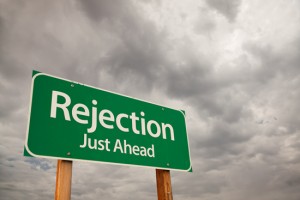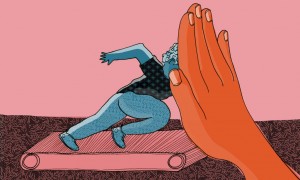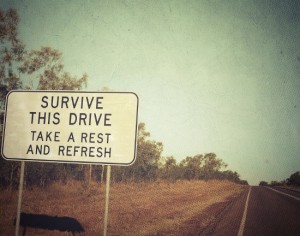Rejection never gets easier. Not for me. I know rejection is the more likely outcome whenever I submit a completed poem or fiction piece or essay.
If for no other reason, than because of the sheer quantity of writing being submitted everywhere. Publications have limited space and unlimited selection. It’s a numbers game.
But when rejection comes, it always feels personal. Even though I understand from a rational standpoint that it isn’t. I feel like I am being told I suck. I don’t matter. Nothing I do matters. I am the worst writer in the world. Maybe the universe.
As an editor myself who has to parcel out rejection–something that hurts as much as receiving it–I know rejection is about the taste of the people choosing. And their mileage may vary from my own.
Rejection is subjective. Taste is individual. Not absolute.
Editors’ differing aesthetics, their biases, having to read the thousandth dead grandmother poem that month. And their grandmother is in the hospital. And she may not live. Or maybe that editor just discovered their father cheated on their mother with a person who has the same unusual first name as me.
Whatever the reason, rejection still hurts. And for me, it’s a physical pain as well. A blow to the chest, making it hard to breathe. Which makes sense according to MRI research. Rejection lights up the same areas in the brain as physical injury. There’s a great article on the TED site by psychologist Guy Winch that talks about this: Why rejection hurts so much
The good news is, once I catch my breath, I’m ready to try submitting again. Mostly because of the voice in my head. Thankfully, that voice belongs not to me, but to my very first poetry mentor, Ottone “Ricky” Riccio, who taught at the Boston Center For Adult Education for several dozen years.
Ricky said, “Don’t call yourself a poet until you’ve received a thousand rejections.” What he really meant was that success at submitting doesn’t make you worthy. Passion for writing makes you a poet. And if you have enough passion that you’ve submitted a thousand or more times, you’ve got what it takes.
By these guidelines, I can call myself a poet many times over. Thousands of rejections.
Ricky didn’t place much value in the hierarchies of literary publishing. He encouraged sharing your work, but getting it out into the world any way you could. He suggested students take a handful of magnets and post poems on the refrigerators in the appliance section at Sears.
Ricky was an early proponent of self-publishing. Way before print-on-demand came into being. Many of his photocopied, hand-stapled collections stand among my all-time favorite poetry collections.
In my heart, I know sharing work matters. During my childhood, growing up in harrowing conditions, poetry saved my life. It still does. Every day.
As a child, I saw how people who’d suffered loss, and tragedy, and all kind of hurt, wrote about their experiences in poems. Across distance, time, gender, culture, these folks spoke directly to my wounds. They lived to write about what they’d been through–a testimony to survival, and likely, even thriving.
I’ve come to believe that our words reach those who need them most. However that happens–whether publication in a literary journal, or in the community newsletter, or posting online.
Poetry is my spiritual practice. Getting work into the world is a necessary part of that practice. Rejection is a piece of it as well. And the hurt. So I rest, take some deep breaths, and keep on. I hope you will too.




Because I have known from the beginning, that some very good writers were rejected many times before being published, I don’t mind much. Often, when I read my rejected work, I see enough wrong with it to be pleased that it didn’t go out into the world under my name. I appreciate the forced opportunity to improve it.
A very positive attitude, Frank. Sometimes our work can stand a bit of tuning. But as an editor myself, I know sometimes editors are just plain mistaken. Keep up the good energy and keep putting your work into the world.
Yes Lana, editors are sometimes mistaken. I can accept that–and we writers often send our work to the wrong editor. But, if we enjoy writing and remember that activity is separate from marketing our work, we can keep our perspective, and our sense of humor.